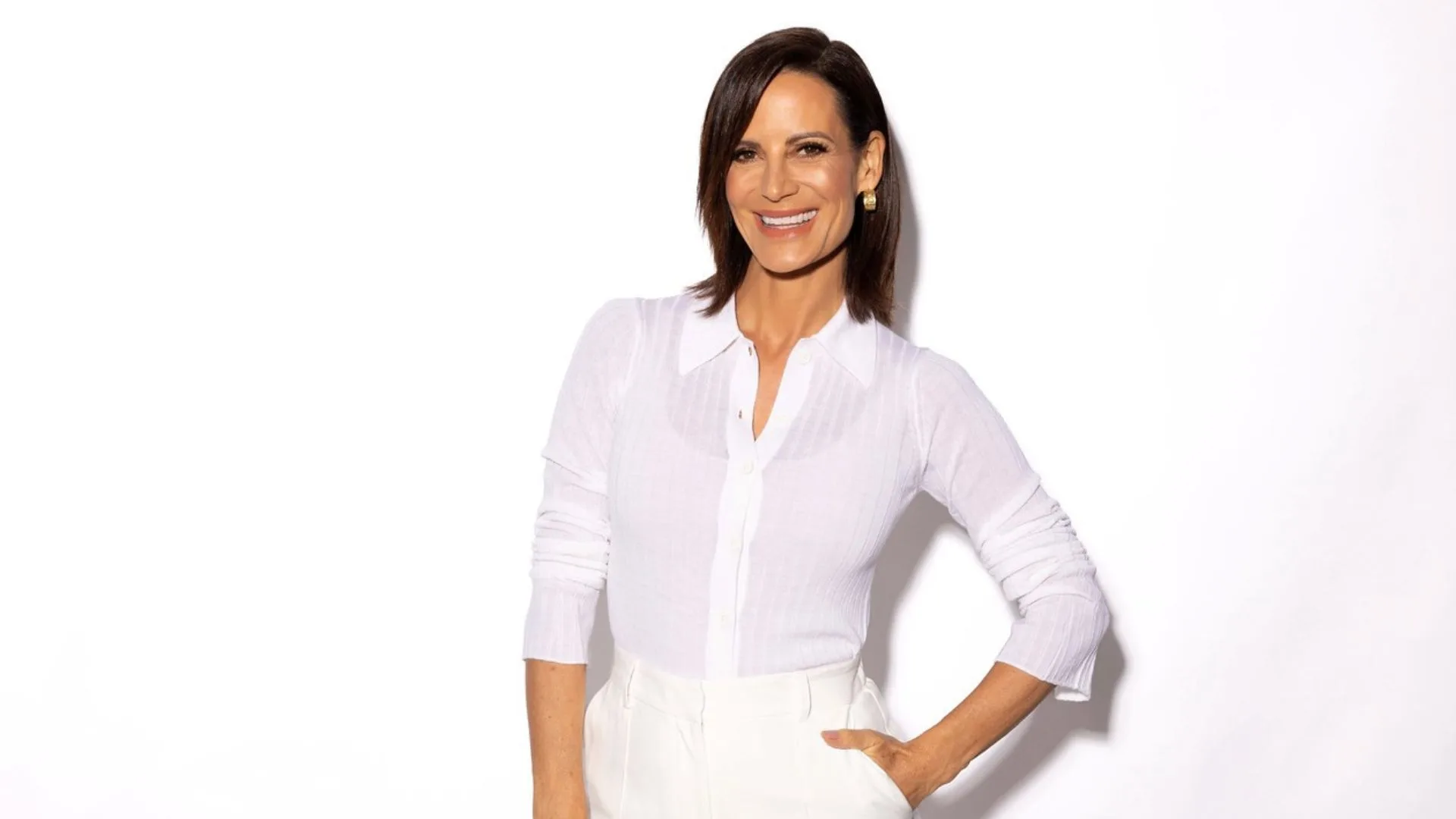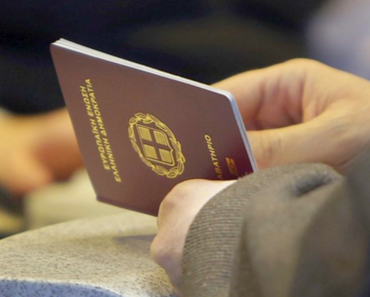
Prime Minister Kyriakos Mitsotakis (right) visited British counterpart Kier Starmer at Downing Street on Tuesday. Starmer indicated that the British government would not stand in the way of an agreement with the British Museum for the return of the Parthenon Sculptures to Athens. [Dimitris Papamitsos/PM’s Office]
Prime Minister Kyriakos Mitsotakis raised the long-standing issue of the Parthenon Sculptures during his meeting with UK counterpart Sir Keir Starmer at Downing Street on Tuesday.
In an official discussion focusing on bilateral relations, including economic cooperation and migration challenges, Mitsotakis took the opportunity to revisit the controversial subject of returning the iconic sculptures, which were removed from Greece by Lord Elgin in the early 19th century.
Mitsotakis’ visit confirmed a shift in the UK government’s stance. Starmer emphasized that the British government would not block an agreement between the Greek authorities and the British Museum, which currently holds the sculptures.
Discussions between Greece’s Foreign Ministry and George Osborne, chairman of the British Museum, have reportedly reached a “very good stage.”
Sources suggest that the return of the sculptures is becoming more feasible, though the key issue lies in the terms of their return.
The British Museum is hesitant to relinquish ownership, insisting the sculptures remain part of the UK collection, even if displayed in Greece. Greek officials, however, have made it clear they will not accept the sculptures under the status of a loan or ownership, insisting on full restitution.
Greek Minister of Culture Lina Mendoni remains optimistic that a solution will be found, stressing that the sculptures will “return to the Attica light.”
As talks continue, the two sides are focused on resolving these legal and technical matters before determining the logistics of transportation.
Beyond this contentious issue, Mitsotakis and Starmer discussed various global matters, including the migration crisis, security concerns, and regional challenges such as Ukraine and Cyprus.
As Greece plays a central role in managing migration into Europe, Mitsotakis highlighted the importance of continued cooperation between the UK and Greece on this matter.
The two leaders also discussed Greece’s upcoming term as a non-permanent member of the United Nations Security Council, set to begin in 2025, as well as efforts to strengthen UK-Greece relations, particularly in defense and security.







